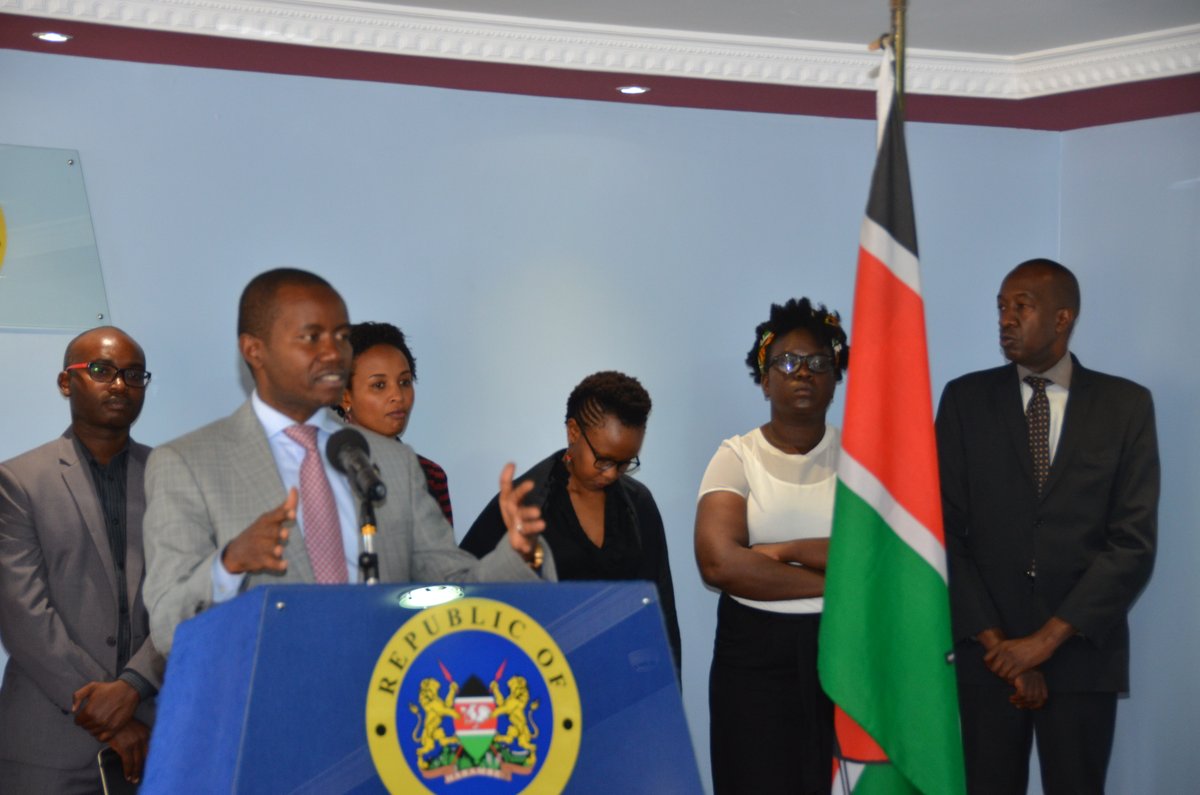Kenya’s recently formed blockchain & artificial intelligence taskforce has proposed a digital asset registry and a digital currency for the country citing that they can create trust.
According to the taskforce chairman Bitange Ndemo, the creation of a digital asset registry should come first followed by the digital currency. The digital asset registry will help small enterprises to have an alternative source of funding other than banks.
“A digital currency is the same as cash. Once you pile up, you can go to any bank and take the cash. Actually, there is no need to print cash if we get used to digital cash. The good thing about digital cash its traceability,” he said.
A digital asset registry would require small enterprises to create a portfolio composed of information such as websites, videos, and logos which potential investors can view.
“The blockchain mitigates trust. What has been lacking is that the government did not have an infrastructure to ensure trust in blockchain technology,” Ndemo said.
These recommendations come after Parliament gave the Treasury CS Henry Rotich two weeks to look into digital currencies in the country.
The Recommended Digital Currency
The digital currency will be fixed in nominal terms, a legal tender for both private and public transactions, and universally acceptable.
Additionally, the digital currency will create jobs and improve creativity according to the taskforce’s report. In addition, the taskforce has recommended a trusted identity for every Kenyan citizen.
The digital currency will be introduced into the market through an initial coin offering (ICO). Furthermore, the taskforce is working with the Central Bank of Kenya (CBK) to create the digital currency.
“We have been talking to the central bank so that we can create some sort of coin. You are going to hear more of ICOs,” Ndemo said.
The report containing the proposals states: “The process of introducing a successful Central Bank Digital Currency (CBDC) in Kenya requires grounded and graduated forms of regulatory sandboxes, technical piloting and smart regulations [….] The success of a national roll out process, on the other hand, requires alignment within monetary and fiscal policy drivers and the political class.”
The head of ICT at the National Transport and Safety Authority (NTSA) Fernando Wangila recently proposed a similar identity system that would help Kenyans access government services through a single digital identity.
“There is no description of online identity in Kenya and the blockchain will sort this issue. I have talked to the blockchain taskforce and told them we can only achieve private blockchain the way we’ve done at NTSA. All we need to know is your I.D. and everything else is collected,” Wangila said.
The Capital Markets Authority is also working on a sandbox policy that will guide fintechs, the utilisation of blockchain technology, and digital currencies.
The 11-member blockchain taskforce was created to establish a roadmap that will guide the application of emerging technologies as blockchain in various sectors such as land administration, single digital identity, and public service.
The taskforce is working on more blockchain technology use cases before it submits a final report to the ICT Cabinet Secretary Joe Mucheru at the end of this month.



